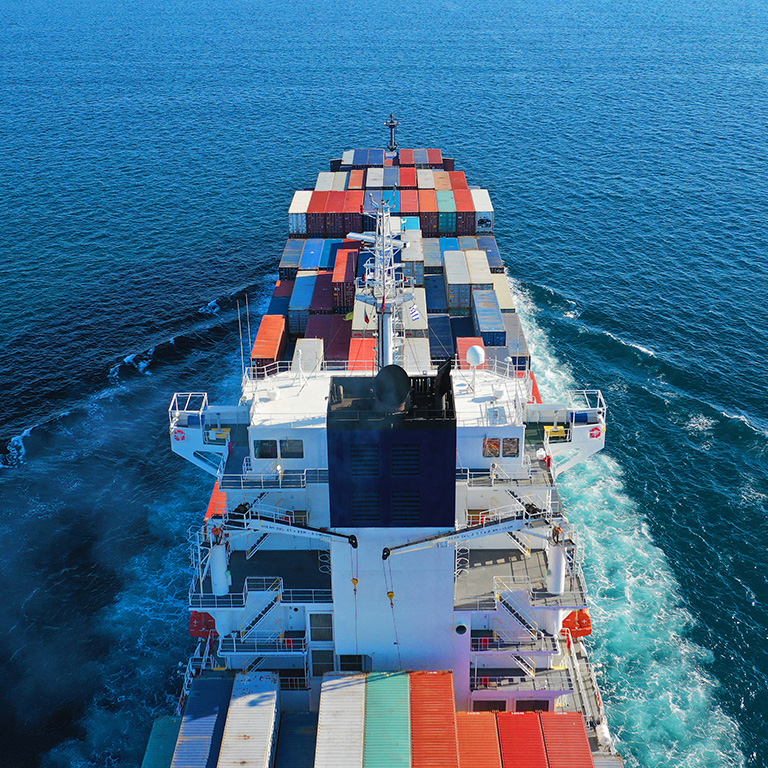
Yasushi Yonehara
-
Japan
The cargo and logistics industry is undergoing a huge transformation. As a result of merger and acquisition, digitalization and automation, and the pandemic, integration of the logistics and transportation industry has accelerated. Digitalization and customer expectations are driving existing industry stakeholders and new entrants to seek greater speed and control of end-to-end product delivery.
Our cargo and logistics team utilizes the latest technology and risk management strategies to develop insurance programs that cover the entire supply chain. Our aim is to provide you with greater risk understanding, visibility, and protection of your cargo shipments.
We continually innovate insurance programs with digital solutions, data and analytics, facilities, and risk management services. And through our integrated claims management services, we help you reduce costs and improve claims recoveries.
We serve businesses of all sizes from multinational owners of product to small parcel companies, as well as global logistics providers. We have the scale, scope, and market presence to help you manage and mitigate your risks across the supply chain.

Article
07/01/2026
Any company that ships goods, products, or commodities by any type of transportation should consider cargo insurance.
Larger companies that regularly move high volumes of cargo and hold stock might benefit from an annual stock throughput policy. This type of insurance is flexible and covers all shipments throughout the year, so there is no need to purchase insurance for each shipment separately. It can be especially useful when the value of goods stored at factories or warehouses is below the deductible on their property insurance.
Smaller companies or those shipping less frequently might find it better to buy cargo insurance for each shipment individually. Cargo insurance can often be included additionally with their freight costs through the shipping carrier.
Cargo insurance premiums are based on two main factors: the value of goods being shipped and the level of risk (frequency and severity of losses) involved in transporting them.
Logistics providers are responsible for the arrangement and transportation of goods within the global supply chain. While insurance needs vary based on the specific activities and scope of each operation.
Logistics insurance products offer protection for all parties involved in the transport, storage, or arrangement of goods. This includes trucking companies, freight forwarders, warehouse operators, non-vessel owning common carriers (NVOCC), customs brokers, and freight brokers. Essentially, any entity that handles or manages goods during the supply chain process can benefit from logistics insurance coverage.
The valuation of logistics insurance products varies widely based on several factors, including the specific activities performed, policy limits, historical loss experience, contractual liabilities, applicable international conventions, whether the movement of goods is domestic or international, and the overall scale of operations. A key metric used in rating these insurance products is gross freight receipts of mileage, which is considered alongside other relevant exposure data to determine appropriate premiums.
“General average” is a well-established principle in maritime law that addresses the allocation of losses resulting from a voluntary sacrifice or expenditure made to preserve a ship and its cargo during an emergency. For example, if part of the ship or cargo is deliberately sacrificed to save the vessel and remaining cargo, the resulting loss is shared proportionally among the vessel owner and all cargo interests involved. When a general average is declared, all parties contribute to the costs on a pro-rata basis.
These expenses are typically covered under standard cargo insurance policies. Because general average claims can be substantial, cargo release often requires letters of guarantee issued by the insurance company. This letter serves as a formal commitment to cover the insured party’s share of the general average contribution.

Japan